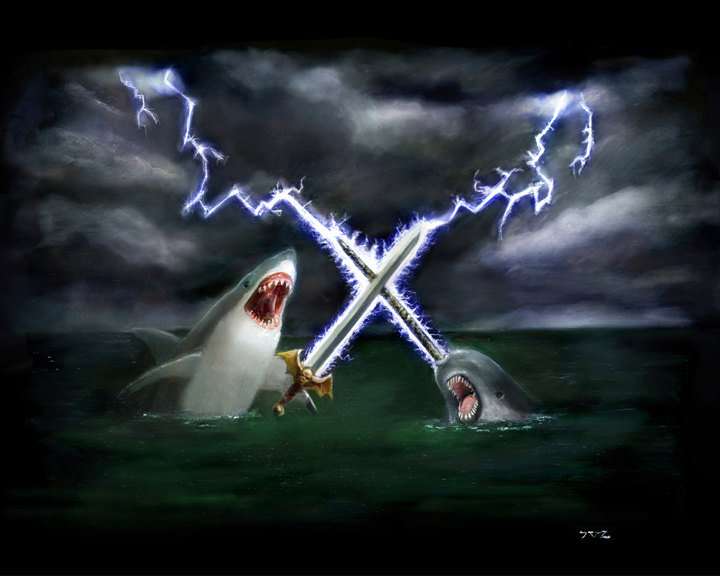That's not really true at all.BeeGeenie said:As long as the mutation isn't directly harmful to the organism, it might still get passed on, and might become useful to the organism later, or become vestigial.
Yes, a single mutation can get passed on by chance, but a horn isn't a single mutation, to grow a horn on a species takes more than thousands of generations of mutations and that does not just happen by chance.
Further, a unnecessary horn is harmful. Horns are usually made of bone and so require the resources that bones require. That means that, in an environment of limited resources, an animal with a horn has brittler bones than one without the horn, which means an increased chance of injury and death.
Mutations are random, but that doesn't mean the evolution of species is. "Vestigial" doesn't refer to organs that never had a purpose, it refers to organs that once had a purpose but that purpose has since been lost.


